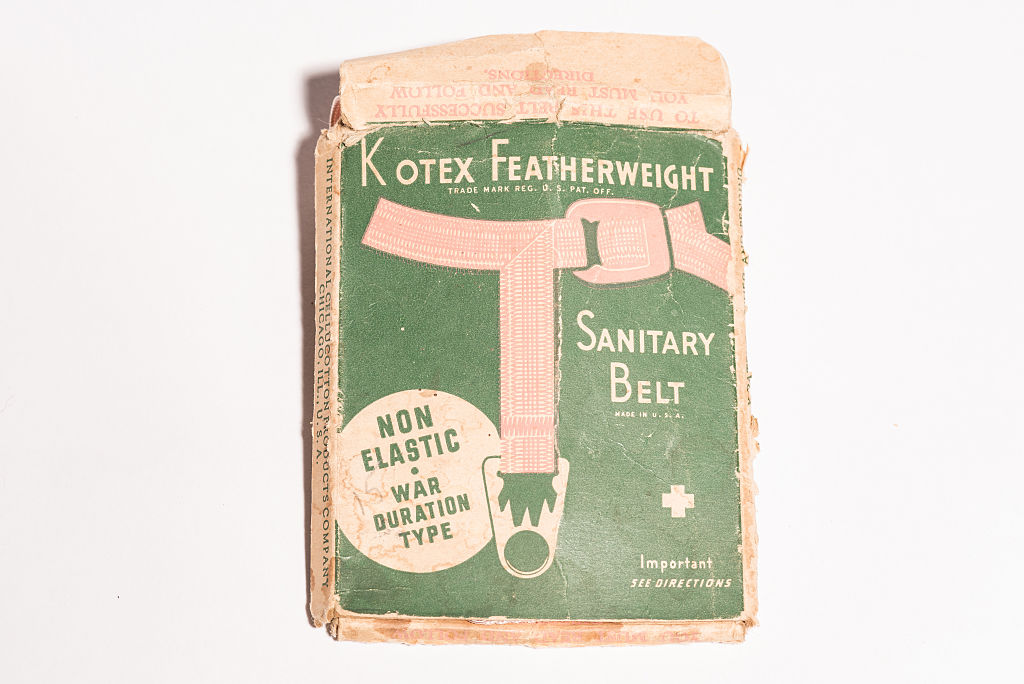by Lori Lakin Hutcherson (@lakinhutcherson)
Today’s GBN’s Daily Drop podcast features Jackie “Moms” Mabley, the first woman comedian in the U.S. to have a long-lasting and successful career.
It’s based on the Saturday, March 19 entry from the Black Comedians category called “Yeah, You Funny”in our “A Year of Good Black News” Page-A-Day®️ Calendar for 2022:
Audio Player
You can follow or subscribe to the Good Black News Daily Drop Podcast through Apple Podcasts, Spotify, Google Podcasts, rss.com or create your own RSS Feed. Or just check it out every day here on the main website (transcript below):
SHOW TRANSCRIPT:
Hey, this Lori Lakin Hutcherson, founder and editor in chief of goodblacknews.org, here to share with you a daily drop of Good Black News for Saturday, March 19th, 2022, based on the “A Year of Good Black News Page-A-Day Calendar” published by Workman Publishing. It’s in the category for Black Comedians we call, “Yeah, You Funny”:
Jackie “Moms” Mabley was the first woman comedian in the U.S. to have a long-lasting and successful career. Born #onthisday in 1894, in Brevard, North Carolina, Mabley got her start performing on vaudeville’s “chitlin’ circuit” for years before becoming widely known from the 1940s to the 1970s for her movie appearances, hit comedy albums, variety show guest spots, and as a headlining stand-up act at venues such as the Apollo Theater, where she appeared more than any other performer in history.
Mabley mostly played the character of an older woman in a housedress who offered subtle commentary on politics, racism, sexism… all while musing on her desire for younger men.
Today we share one of Mabley’s clever quips of the latter variety, which juxtaposed so greatly with her presentation and still feels contemporary:
“There ain’t nothin’ an old man can do for me but bring me a message from a young one.”
To learn more about Moms Mabley, check out the Whoopi Goldberg-directed documentary on her from 2013 called Moms Mabley: I’ve Got Somethin’ To Tell You, watch her in movies such as Amazing Grace from 1974, Killer Diller or Boarding House Blues, both from 1948, or check out her comedy albums like Moms Mabley at the Playboy Club, Moms Mabley at the Geneva Conference, Young Men, Si – Old Men – No, Moms Mabley at the U.N. or her Top 40 pop and Top 20 R&B hit version of “Abraham, Martin & John” from 1969.
All albums are available to stream on Apple Music and some of them are also on Spotify. You can also check out Wanda Sykes’ Emmy-nominated portrayal of Moms Mabley in the Amazon original series The Marvelous Mrs. Maisel.
Links to these sources and more are provided in today’s show notes and in the episode’s full transcript posted on goodblacknews.org.
This has been a daily drop of Good Black News, based on the “A Year of Good Black News Page-A-Day Calendar for 2022,” published by Workman Publishing. Beats provided by freebeats.io and produced by White Hot.
If you like these Daily Drops, please consider following us on Apple, Google Podcasts, RSS.com, Amazon, Spotify or wherever you get your podcasts. Leave a rating or review, share links to your favorite episodes, or go old school and tell a friend.
For more Good Black News, check out goodblacknews.org or search and follow @goodblacknews anywhere on social.
And today, in honor of Moms Mabley’s birthday, we’re closing with a snippet of her version of “Abraham, Martin and John,” written by Dick Holler:
[Excerpt of “Abraham, Martin and John”]
Sources:
- https://www.biography.com/performer/moms-mabley
- https://legacyprojectchicago.org/person/jackie-moms-mabley
- https://www.imdb.com/name/nm0531098/
- http://www.comedyhistory101.com/comedy-history-101/2018/1/16/history-of-moms-mabley
- https://www.ncpedia.org/biography/mabley-jackie
- https://www.bustle.com/p/videos-of-the-real-moms-mabley-show-how-spot-on-her-mrs-maisel-character-is-19432334













